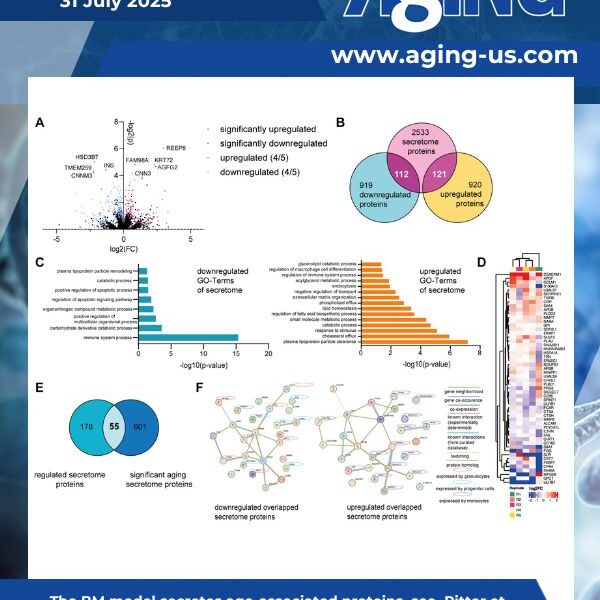Aging is a complex process that significantly contributes to age-related diseases and poses significant challenges for effective interventions, with few holistic anti-aging approaches successfully reversing its signs.
Aging-US Research
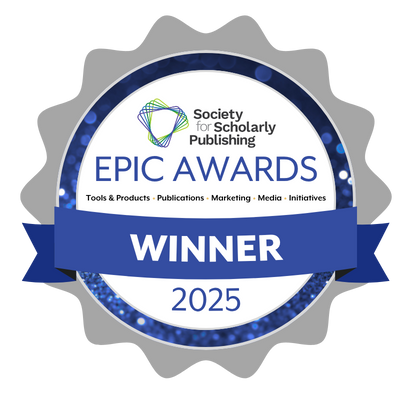
The Longevity & Aging Series has been honored with the Silver Award for “Excellence in Video/Film” at the inaugural EPIC Awards celebration on May 29, 2025, during the Society for Scholarly Publishing (SSP) 47th Annual Meeting in Baltimore, Maryland.

Aging (Aging-US) is pleased to announce a special Call for Papers for a commemorative collection honoring the legacy of Dr. Mikhail (Misha) Blagosklonny, the founding editor of the journal and a pioneer in aging biology.
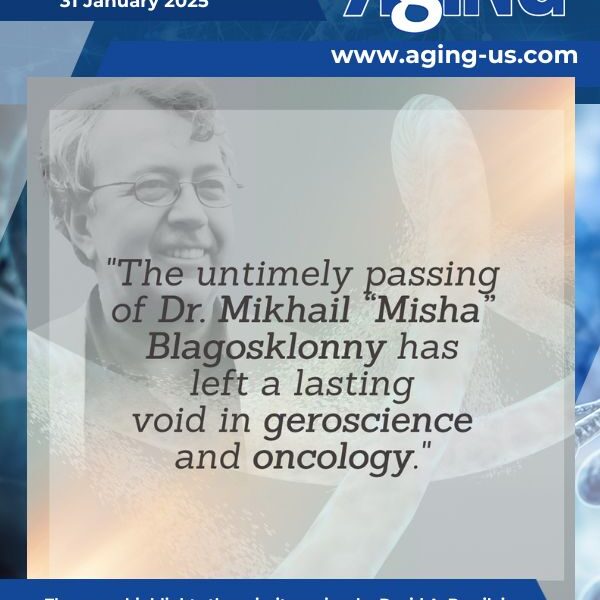
The untimely passing of Dr. Mikhail “Misha” Blagosklonny has left a lasting void in geroscience and oncology. This review examines his profound contributions, focusing on his pioneering the Hyperfunction Theory and his advocacy for rapamycin, an mTOR inhibitor, as a therapeutic agent for lifespan extension.
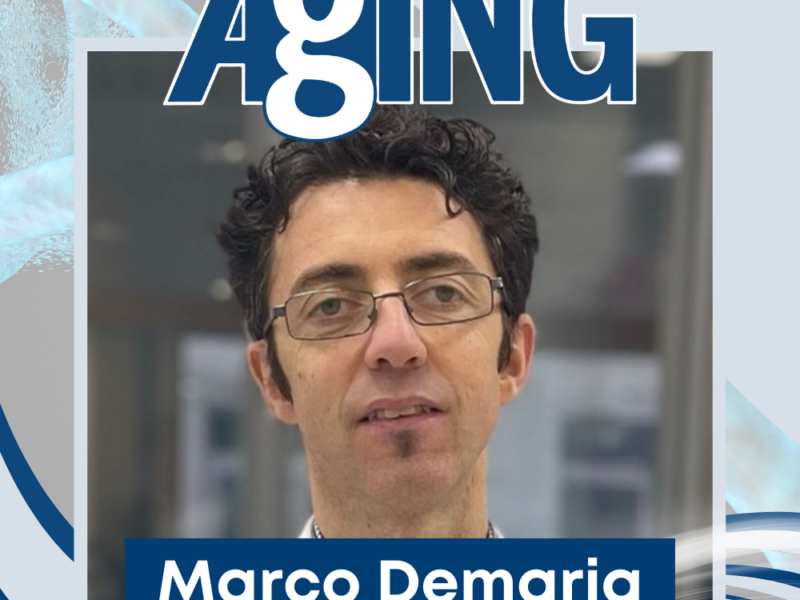
We are pleased to announce that Dr. Marco Demaria, a leading expert in aging and cellular senescence, has joined Aging (Aging-US) as Editor-in-Chief, effective January 1, 2025. Dr. Demaria will work alongside an esteemed Editorial Board.
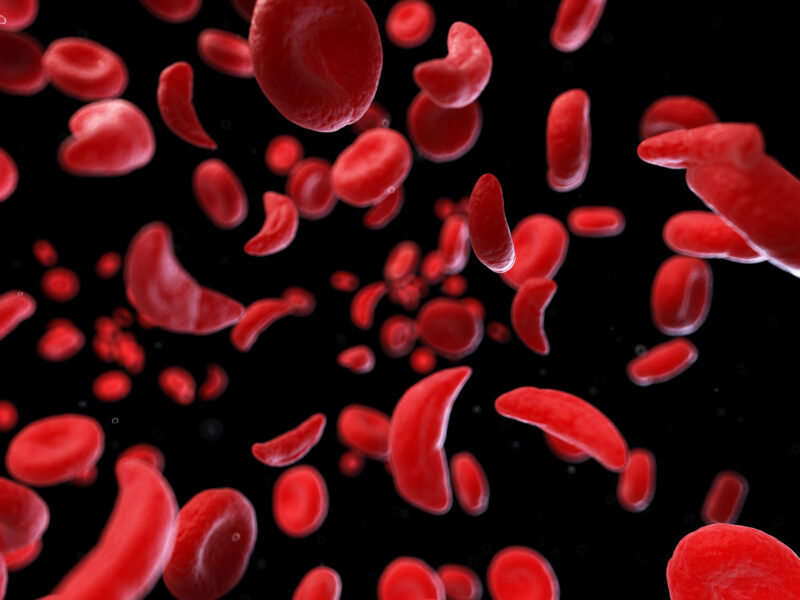
Imagine being 15 years old but having a body that shows signs of aging as if you are decades older. For some young people with sickle cell disease (SCD), this is a reality. A new study published in Volume 16, Issue 21 of Aging shows that SCD causes the body to age much faster than normal. The research not only explains why this happens but also points to new ways to help people with the disease live healthier, longer lives.
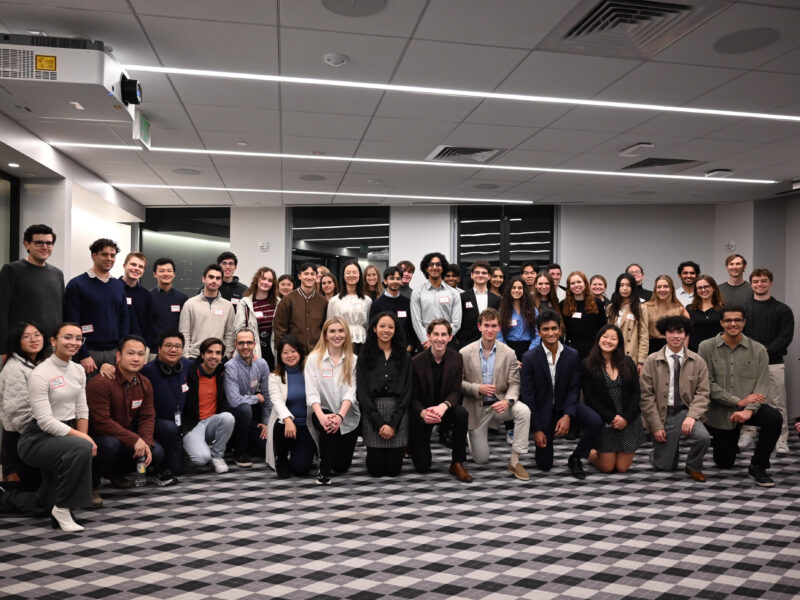
Aging (Aging-US) was a proud sponsor of the “Future of Aging Research Mixer 2024” hosted by the Aging Initiative at Harvard University on November 15 in Boston.

In this study, researchers reinforce knowledge about an age-related alteration in the synthesis of major proteins linked to the migratory and contractile functions of dermal human fibroblasts.

In this review, researchers delve into the literature surrounding cell death pathways and their connections to host immunological pathways.

In a new study, researchers investigated myocyte-secreted factors with the potential to suppress cellular senescence, aiming to explore their protective effects against lung disease.

